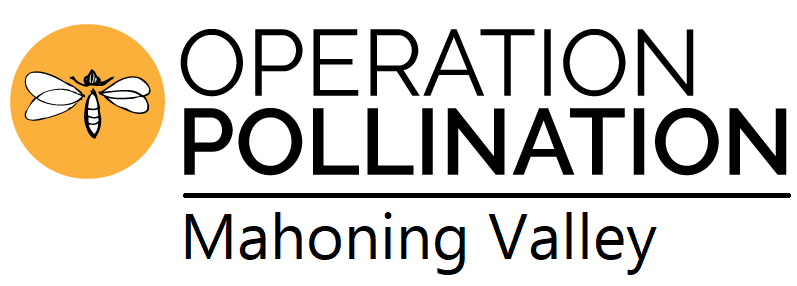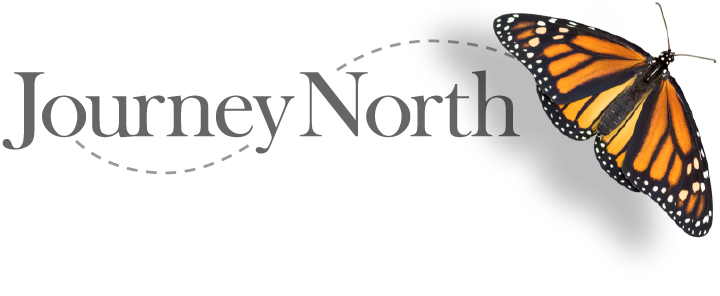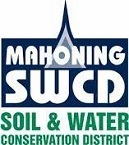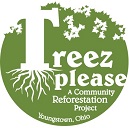Operation Pollination Resolution
Mahoning Valley Watershed
Operation Pollination RESOLUTION
Operation Pollination Mahoning Valley, a community-collaborative partnership, recognizes the critical role of biodiversity to the health of our planet and benefit to our own lives, and the vital importance of restoring or creating, protecting, and maintaining pollinator habitats.
We recognize and acknowledge:
Pollinators play a vital role in flower and plant reproduction: 80% to 90% of all plants depend on them to reproduce. As Pollinator advocates, we recognize the need to help reverse the unintended consequences of human activities in urban, suburban, and rural landscapes and help to establish a mosaic of vibrate pollinator habitats throughout the Mahoning Valley and its watershed areas.
Insect Pollinators: Bees, butterflies, moths, beetles, ants, wasps, flies, the male mosquito.
Animal Pollinators: Birds, bats, small mammal, and reptile species
Animal Pollinators: Birds, bats, small mammal, and reptile species
Plants provide us with food, oils, fibers, raw materials, medicines, and flowers – nearly thirty four billion dollars of products annually. Pollinators are critical to the reproduction of our food supply and support of our economy.
Ecosystems function as the Earth’s immune system. Healthy ecosystems depend on biodiversity.
Pollinator habitats support a diverse and complex food web. They help stabilize soils and manage local watersheds, clean the air by moving carbon from the atmosphere to the soil, produce oxygen, and support life by providing food and shelter.
WE ARE RAPIDLY LOSING NATURAL HABITATS WORLDWIDE BECAUSE OF:
Deforestation * Development * Climate Change * Pesticides * Agricultural Practices * Illegal Logging * Invasive Non-Native Plants * Herbicides
Deforestation * Development * Climate Change * Pesticides * Agricultural Practices * Illegal Logging * Invasive Non-Native Plants * Herbicides
Natural habitats that support healthy ecosystems have become fragmented and drastically diminished (54% of the land in the lower 48 states is developed as cities, suburbs, etc., with an additional 41% in agriculture). Because of these factors, pollinator/wildlife populations are at risk, threatened, endangered or have become extinct. This directly affects our food supply and economy.
Native plants, as opposed non-native species, have evolved with native animal species to be biologically compatible. They produce nectar and pollen needed to nourish and support a higher diversity of insects which feed birds, which feed other animals.
The United States is crucial to the habitat range of the monarch butterfly - regarded as a “Keystone Species” by scientists because the service they provide is considered a vital part of a healthy environment.
The monarch migration is earmarked as an “Endangered Natural Phenomenon”. Multi-generations of monarch navigate a 6,000-mile annual journey from Mexico to Canada and back again. The population has declined dramatically in 22 years -- less than 1% remain compared to historic population counts. For monarchs to survive, pollinator habitats must include native milkweed – the only plant the monarch caterpillar can eat and on which it will lay its eggs.
Through outreach, and education, and collaboration resulting from this Resolution, Operation Pollination Mahoning Valley partners aim seek or create opportunities to connect habitat lands from Canada to Mexico by:
- Creating and expanding networks of viable habitat locations on public and private lands.
- Inviting Public-Private Partnerships and encouraging collaboration to sustain and grow healthy pollinator populations.
- Build awareness and appreciation of the importance of preserving healthy pollinator populations and the direct impact they have on our lives.
- Discourage continued destructive actions that negatively impact the environment.
- Research best practices and support that will help in effective planning and execution to achieve our goals.
In support of this Pollinator Resolution, those who sign the accompanying Pollinator Pledge commit to create or restore, protect, preserve, and maintain pollinator habitat on lands under their management.















